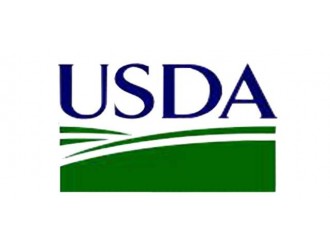经过评估,欧盟食品安全局得出结论,根据所报道的农业实践,短期和长期摄入因使用磷化铝和磷化镁而产生的残留物不太可能对消费者健康构成风险。部分原文报道如下:
The applicant Detia Freyberg GmbH submitted to the competent national authority in Germany two requests to evaluate the confirmatory data that were identified for tree nuts, oilseeds, cereals and commodities of animal origin in the framework of the maximum residue level (MRL) review under Article 12 of Regulation (EC) No 396/2005 as not available and two requests in accordance with Article 6 of Regulation (EC) No 396/2005 to increase the existing MRL for the active substance aluminium phosphide in peanuts, barley, oat, rye, rice and wheat, roots of herbal infusions, cocoa beans and seed spices and for the active substance magnesium phosphide in oilseeds (except peanuts) and pistachios. The four applications were combined by EFSA under the current assessment. To address the data gaps, validation data for the method of analysis for enforcement of phosphide in high-oil content commodities and new residue trials were submitted. The data gaps on additional residue trials supporting authorisations on oilseeds and cereal grains, on clarifications regarding the discrepancies observed in the residue trial results for pistachios, and on data confirming the negligible occurrence of phosphane and its oxidation products in livestock products were considered addressed. The data gap on independent laboratory validation (ILV) and a confirmatory method for monitoring of phosphide in high-oil content commodities was considered not fully addressed. The information provided justified a lowering of the current tentative MRLs for the whole group of cereals (except rice and ‘others’), an increase of the current tentative MRLs for pistachios, the whole group of oilseeds, rice and ‘other’ cereals, herbal infusions from roots, cocoa beans and seed spices, and a revision of the risk assessment performed for phosphane and its phosphide salts. based on the risk assessment results, EFSA concluded that the short-term and long-term intake of residues resulting from the use of AlP and Mg3P2 according to the reported agricultural practices is unlikely to present a risk to consumer health. Further risk management considerations are required.
本文由食品伙伴网食品资讯中心编辑,有任何疑问,请联系news@foodmate.net。












 地区:
地区:






 鲁公网安备 37060202000128号
鲁公网安备 37060202000128号



